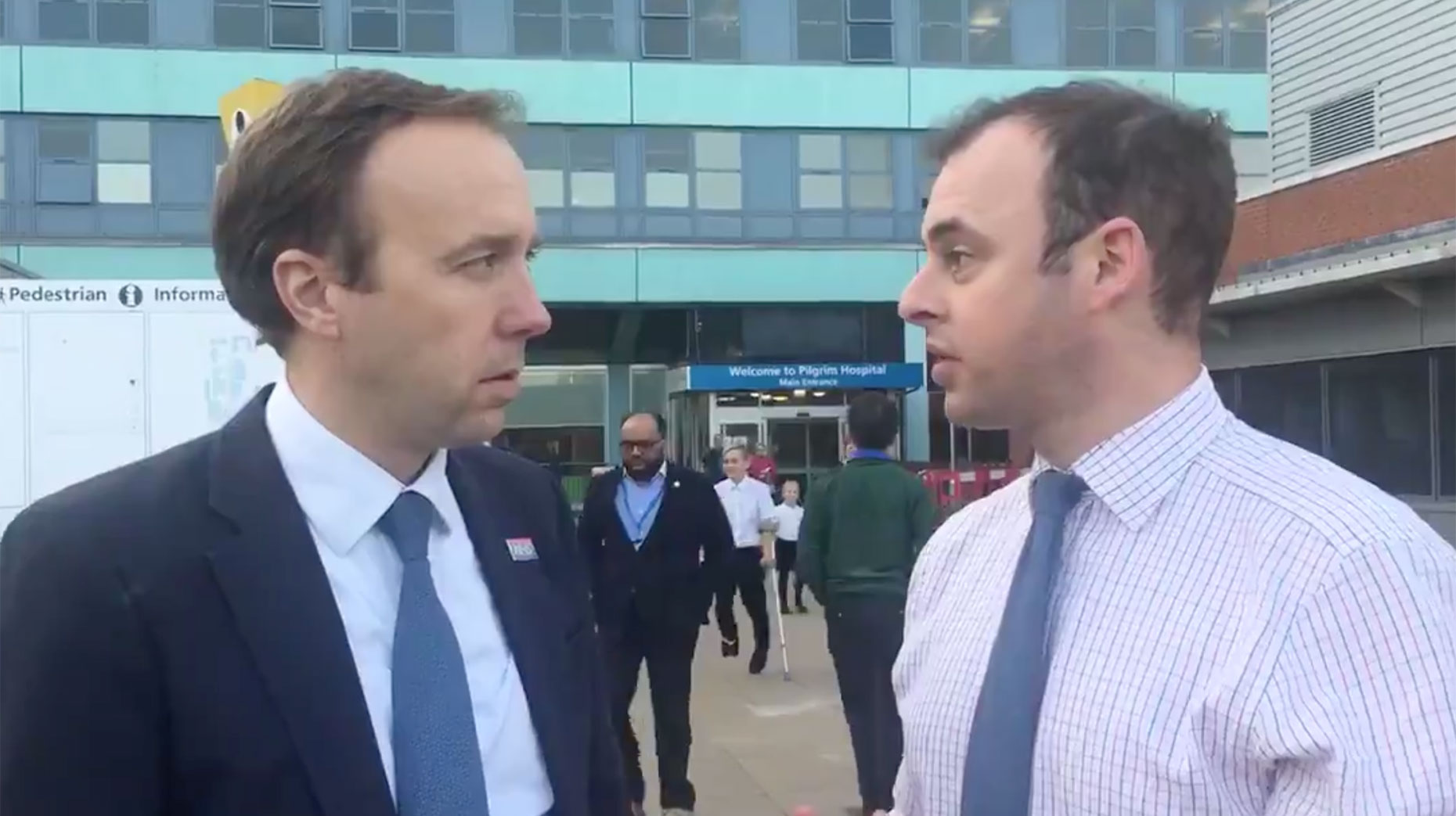Last week Secretary of State for Health Matt Hancock visited Pilgrim hospital to see for himself how the staff and patients were affected by recent changes to paediatric services and also to see just how important it is that we maintain local services in Lincolnshire.
I’d invited Matt, whose grandmother worked at Pilgrim, because I wanted to make sure that he met the staff who have made sure services are continuing to operate. More than 97% of all paediatric patients are still being treated at Pilgrim despite a huge problem in recruiting doctors and nurses to work on the ward.
Listening to managers and staff it’s clear that nobody wants to see local people in Boston or Skegness travel further than they have, which chimes with Matt’s own message that the era of NHS centralisation must only continue in places where it benefits patients. I’m clear that, in the vast majority of cases, that means my constituents should be seen locally, and I was delighted to hear Matt agree in person.
Health Secretary Matt Hancock joined me at Pilgrim Hospital today to see how important it is that local services are retained. We visited paediatrics and A&E, met staff and most importantly the patients whose lives would be profoundly affected by increased travelling distances. pic.twitter.com/qFYhp8ApXH
— Matt Warman MP (@mattwarman) October 19, 2018
At the same time it’s important to remember that there is a huge need to make sure that services are safe. As the Secretary of State, Matt can make sure that there are the right long-term plans being made for staff to be both trained in the right numbers in the right specialties and also sent to the right places.
It’s always struck me as a good thing that local health service managers make decisions about local services but ultimately it is for politicians to set the landscape within which they operate. That’s why we have programmes for long-term change to see Lincolnshire’s health service improve. Both the Secretary of State and myself are clear that it is not acceptable for our patients to see worse health outcomes simply because they live in Lincolnshire.
Nonetheless it remains hard to recruit people to our area, partly because they don’t know its many great qualities and partly because there are other opportunities in large hospitals around the country. For Lincolnshire to compete with London it’s vital that we do everything we possibly can and I wanted Matt to hear the ideas that we have locally and to see the changes that are being made already.
These changes are already starting to attract new staff and include reconfiguring much of Pilgrim so that we can get patients seen by the right people as soon as possible and also make sure that people spend as little time in hospital as possible.
The Secretary of State was clear that he agrees that it is always better for people to get home as soon as they are well enough and to spend the right amount of time in hospital. Getting that right, both in terms of access to GPs and specialisms, as well as getting people discharged efficiently, will not only reduce pressure on the NHS overall, but it will also make the forthcoming £20bn cash injection go a lot further.







